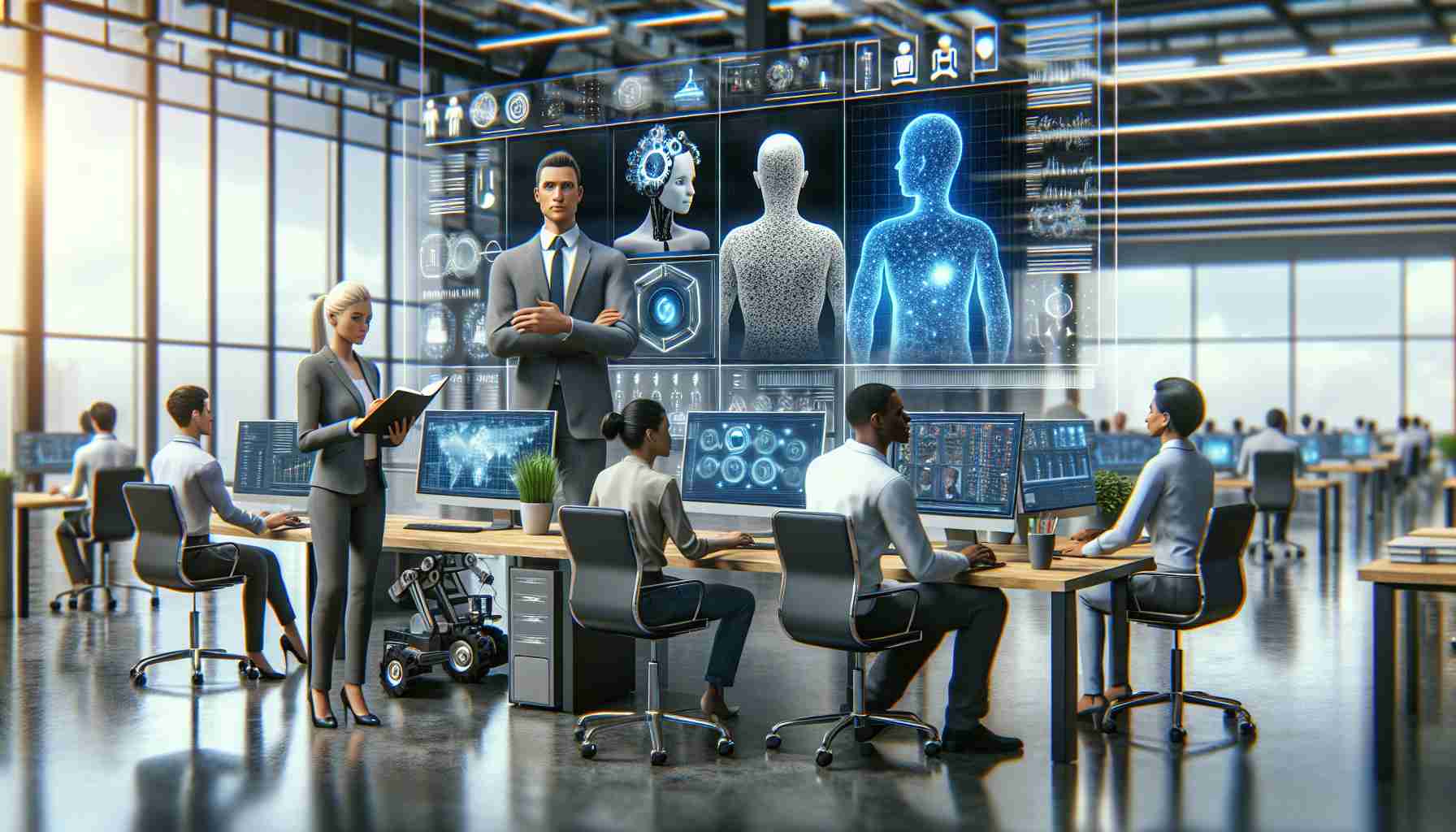The Emergence of AI and Employment Trends
The introduction of Artificial Intelligence (AI) into the labor market has sparked a dynamic debate regarding its influence on job security. While some fear the risk of large-scale job displacement, others envision a transformative future for the workforce, largely influenced by this technology.
Recent discussions on La Tarde, led by host Fernando de Haro, involved insights from economist Fernando Trias de Bes on whether AI poses a real threat to employment opportunities. Trias de Bes argues that the anxiety over AI-induced unemployment is somewhat exaggerated. The evidence suggests that while AI will certainly alter how we perform specific job tasks, it is unlikely to result in an extensive elimination of jobs. He makes it clear by stating that although jobs will evolve, they will not vanish entirely, drawing parallels to past technological revolutions such as the industrial revolution.
Job Transformations and AI’s Role in Recruitment
The impact of AI is already visible in professional entry-level recruitment practices, where the first layer of sifting through resumes has shifted from manual filtering to AI-based preliminary selection. This efficient screening process by AI leads to a more refined and deeper second-stage review, including enhanced interview techniques aimed at better hiring accuracy.
The Significance of Continuous Learning
Trias de Bes emphasizes the critical importance of ongoing education and adaptability in an increasingly digitalized work environment. He highlights the necessity of staying informed about new technological tools and applications that make AI more accessible in the professional sphere. This knowledge, he explains, is not about mastering technology itself, but about understanding how to leverage it effectively.
However, he acknowledges the considerable challenges that AI implementation brings in terms of workforce restructuring and economic policy. The society will need to grapple with how to support technological adoption in tandem with professional retraining to stave off unemployment crises. Trias de Bes points out the urgent requirement for proper regulation and strategic planning by policymakers to ensure a smooth transition into the AI era.
Ultimately, adopting an optimistic and forward-thinking attitude towards AI is urged by Trias de Bes. Despite potential disruptions, he stresses that history has shown technology to be a catalyst for growth and innovation. Workers with an open mindset and willingness to adapt are likely to thrive and capitalize on the new opportunities that AI presents in an ever-evolving job market.
AI and the Future of Work: Key Considerations
AI’s integration into the workplace is a multifaceted issue that encompasses various factors, from the disruption of traditional job roles to the creation of entirely new industries. A balanced analysis requires an in-depth look at both the potential benefits and drawbacks, while also addressing the important questions and controversies that arise.
Important Questions and Answers:
– How will AI affect employment in different sectors? AI is expected to impact sectors differently. Routine and manual jobs are at a higher risk of automation, while creative, strategic, and complex problem-solving roles may see a demand increase. AI also has the potential to create new job categories, particularly in tech and AI governance.
– What are the key challenges associated with AI in the workplace? Among the most significant challenges are workforce re-skilling, ethical considerations in AI deployment, socio-economic inequalities, and ensuring that AI systems are transparent and accountable.
– How can policymakers mitigate the negative impacts of AI? Policymakers can enact regulations that encourage responsible AI development, provide safety nets for displaced workers, incentivize lifelong learning, and address the digital divide to ensure broad access to the benefits of AI.
Advantages of AI in the Workplace:
– Increased efficiency and productivity in performing routine tasks.
– Enhancement in decision-making processes through data analysis.
– Potential for new job creation in AI maintenance, oversight, and development.
– Fostering innovation by freeing human workers to focus on more creative and strategic tasks.
Disadvantages of AI in the Workplace:
– Possible displacement of jobs due to automation, especially in manufacturing and administrative roles.
– Ethical concerns, such as privacy issues and algorithmic bias.
– The digital divide exacerbated if access to the benefits of AI is not equitable.
– Challenges in transitioning the existing workforce to new roles requiring different skills.
Despite these challenges, there is optimism that with strategic planning, education, and regulatory frameworks, society can navigate the AI transition successfully. For further exploration of the topic, including views from different stakeholders, one might visit respected domains such as World Economic Forum or OECD, which regularly discuss the implications of AI in the workforce.
The source of the article is from the blog elektrischnederland.nl

